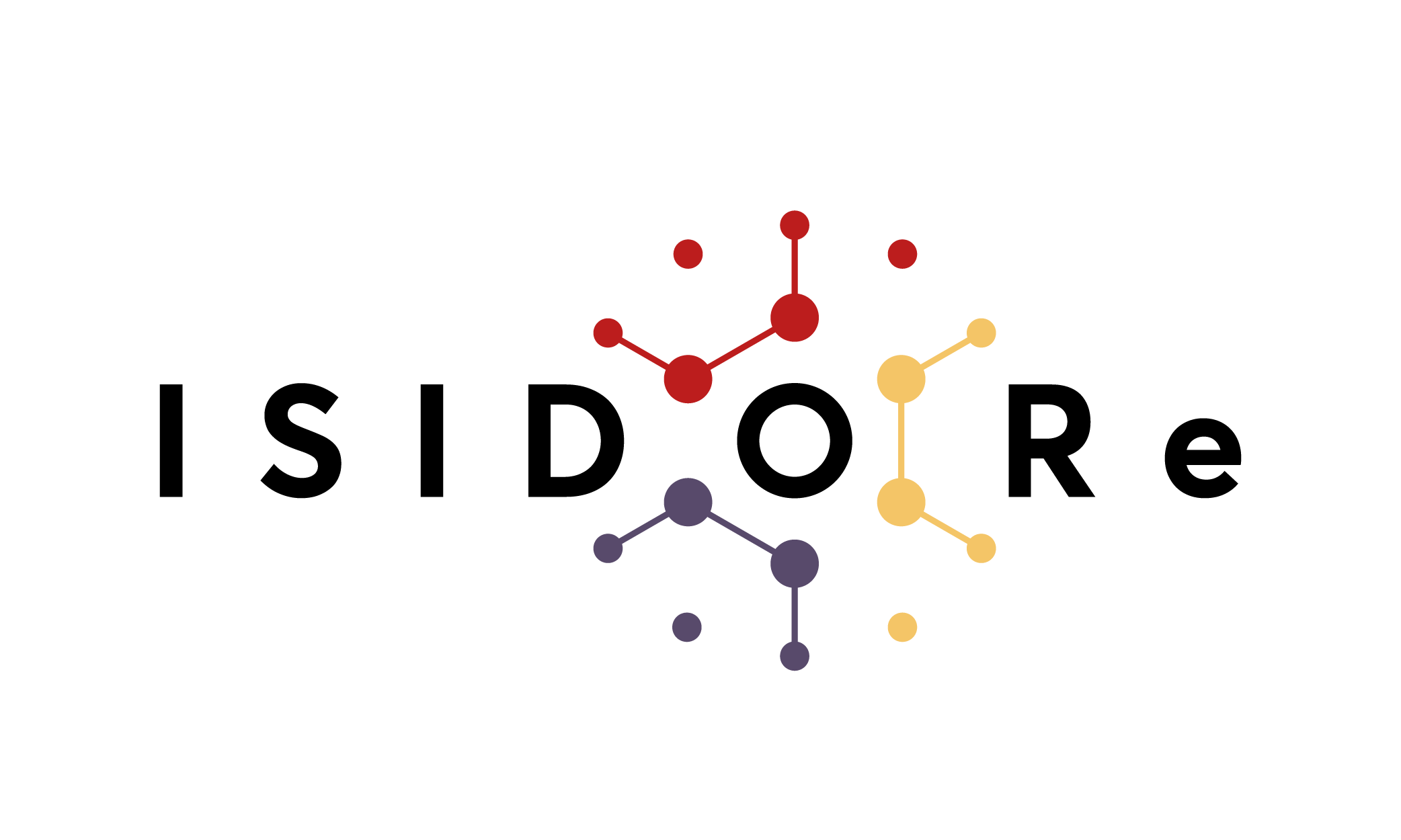The CLIMARCTIC project is aimed at studying the effects of climate change on the diversity and genetic functional attributes (nutrient and carbon cycling) of High Arctic microbiomes in soils, wetlands and lakes. The combination of paleolimnology, field studies and laboratory experiments will provide insights into the response of these poorly understood ecosystems to climate changes, and hence to assess their role as feed-back mechanisms in the climate system under future global changes.
The specific objectives of CLIMARCTIC are to:
study the biodiversity and structure of dormant and active microbial communities and food webs in soils and lakes in the high Arctic along environmental and temporal (diurnal and seasonal) gradients;
assess the role of biodiversity and climate change on ecosystem functions such as carbon, nitrogen and phosphorus cycling in soils and lakes;
study the ecophysiological and biogeochemical response of these communities to changes in temperature, water availability, growing season and light climate;
quantify source-sink dynamics in nutrients, carbon and biota between soils and lakes, and study the connectivity between these ecosystems;
study the rate of change and temporal (natural) variability in food web structure and the organic carbon, nitrogen and phosphorus levels in lake sediments and the soils in their catchments on a decadal scale during the past 2000 years, with a particular focus on well-known climate anomalies in the Northern Hemisphere, and assess how these responses compare with changes observed along gradients in temperature and moisture availability in present-day communities
The specific objectives of CLIMARCTIC are to:
study the biodiversity and structure of dormant and active microbial communities and food webs in soils and lakes in the high Arctic along environmental and temporal (diurnal and seasonal) gradients;
assess the role of biodiversity and climate change on ecosystem functions such as carbon, nitrogen and phosphorus cycling in soils and lakes;
study the ecophysiological and biogeochemical response of these communities to changes in temperature, water availability, growing season and light climate;
quantify source-sink dynamics in nutrients, carbon and biota between soils and lakes, and study the connectivity between these ecosystems;
study the rate of change and temporal (natural) variability in food web structure and the organic carbon, nitrogen and phosphorus levels in lake sediments and the soils in their catchments on a decadal scale during the past 2000 years, with a particular focus on well-known climate anomalies in the Northern Hemisphere, and assess how these responses compare with changes observed along gradients in temperature and moisture availability in present-day communities
Project dates: 01 March 2017 to 01 February 2020
EMBRC-BE role: UGent (PAE) is coordinator
Contact: elie.verleyen@ugent.be
Funding: €1,349,921 (BiodivERsA project)










